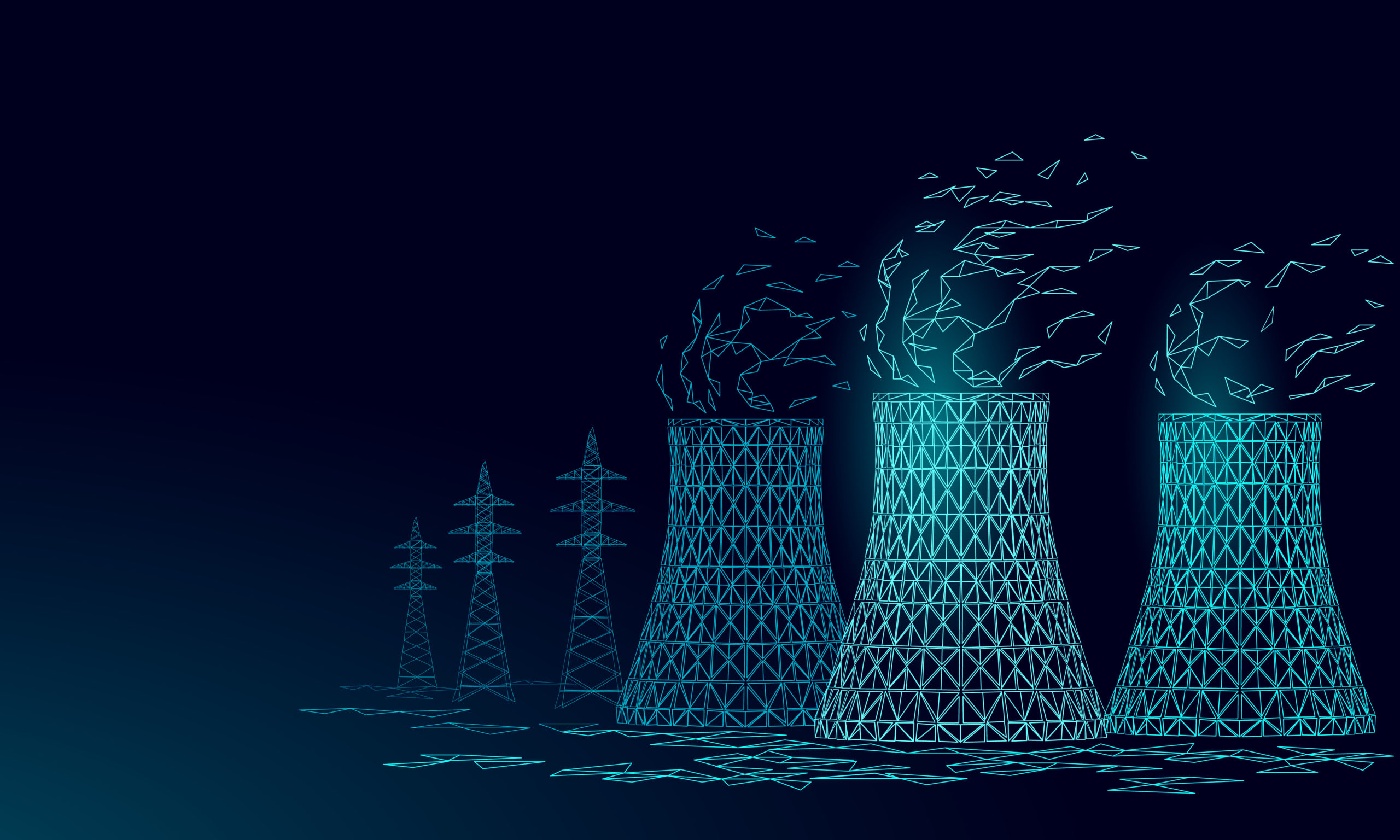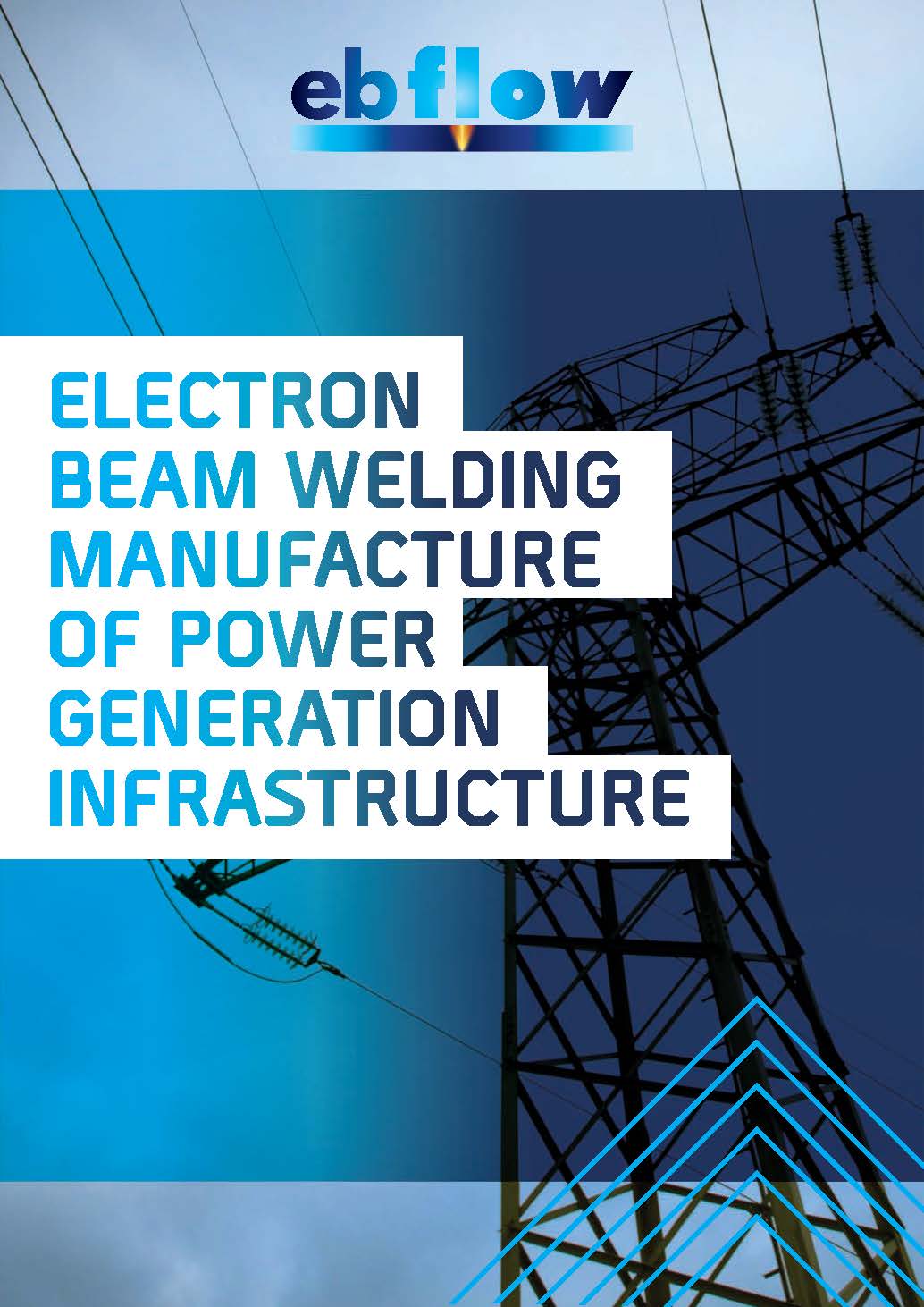CVE Part of Landmark Research Project
Sheffield Forgemasters Leads Landmark Research Project
Engineering specialist Sheffield Forgemasters is to lead a consortium of partners in its largest ever research and development project, with an overall project value of £10.5 million.
The company will explore industrialisation of electron beam welding (EBW) in civil nuclear assemblies, with the potential to integrate welding into the manufacturing process, offering material improvements and vast reductions in manufacturing time and cost.
Sheffield Forgemasters has been awarded £8 million of funding to lead strategic partners in the project, from the Government’s Department for Business, Energy and Industrial Strategy (BEIS), the largest single grant given under its £20 million Nuclear Innovation Programme.
Landmark Project
Jesus Talamantes-Silva, Research, Design and Technology Director at Sheffield Forgemasters, said: “This is a landmark project for the UK, building on three years of work we completed in partnership with Innovate UK (the UK’s innovation agency), to refine the basic science of electron beam welding in nuclear applications.
“It is our largest research project to date, which launched in August, running until March 2021, and the implications of accelerating this technology for civil nuclear power are significant, but could also benefit other sectors including defence, offshore and petrochemical industries.”
Collaborate With Partners
Sheffield Forgemasters will collaborate with partners from CVE, TWI, Arc Energy, NAMRC, The University of Manchester and Cambridge University. It will also work with an invited steering committee of Rolls Royce Civil Nuclear, Rolls Royce (Submarines) Cavendish Nuclear, the MOD and the UK Atomic Energy Authority.
The company will install an electron beam welder capable of welding 3.0m diameter cylinders under localised vacuum and without traditional welding preparation, offering narrower welds than traditional methods plus the ability to weld as part of the manufacturing process, prior to quality heat treatment.
It will then manufacture a civil nuclear component to demonstrate a full-sized (4.3m high x by 3.0m diameter) small modular reactor pressure vessel and also produce several grades of steel alloys suitable for civil fission and fusion nuclear applications within the project’s research element.
Highly Advanced Manufacturing Process
Jesus Talamantes-Silva added: “This is a highly advanced manufacturing process which has not yet been brought to industrialisation in this sector. Although EBW exists elsewhere, it is used on a smaller scale than the 200mm welds that we will conduct.
“We aim to demonstrate how EBW can improve material characteristics over traditional welding, which heats up a larger volume of material, but also how this technology can integrate at manufacture to remove component weld properties at a later stage.
“Using EBW over traditional welding techniques, circumferential welding of pressure vessels can be reduced from approximately 150 days to 10 days. Through the science that we have already refined, we will be able to produce safer, stronger components for the next generation of nuclear power, with lower costs and vastly reduced production times.”

